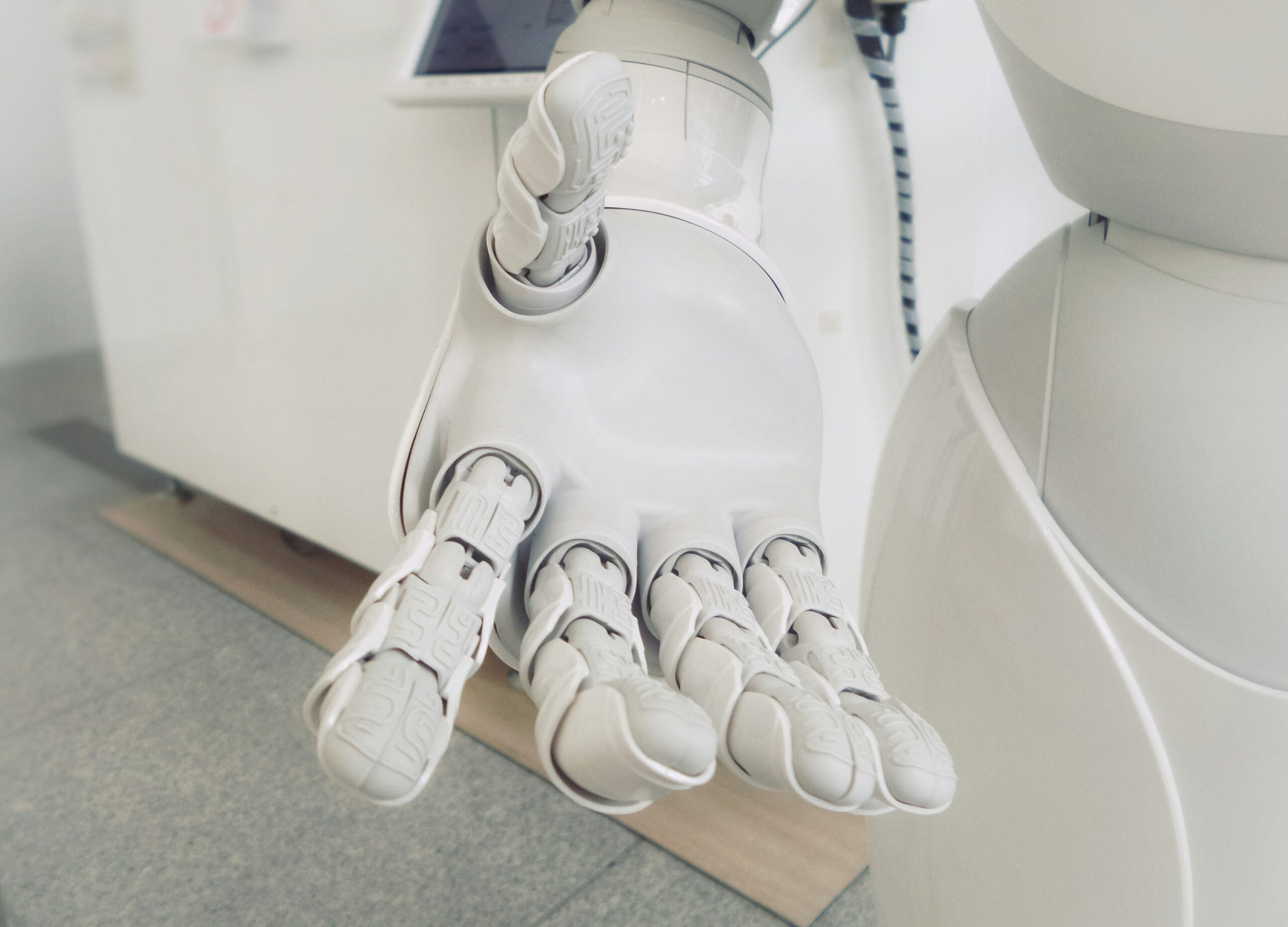Artificial Intelligence: A Revolution in Technology

Artificial Intelligence:
A Game-Changing EvolutionIn the landscape of the 21st century, few technologies loomed larger than Artificial Intelligence (AI), which had the ability to disrupt industries, alter jobs, and change the way people lived, worked, and interacted. AI made its mark over every sector—healthcare to education, business to entertainment. In this article, we’ll take a look at what AI is, how it has evolved over the years, where you can currently see it in action, and its implications for society as a whole.

Artificial Intelligence: A Revolution in Technology
AI allows machines to perform tasks that traditionally called for human intelligence, including recognizing speech, making decisions, and translating languages. Essentially, AI trains machines to do these things accurately and efficiently, using algorithms and massive datasets.
Artificial intelligence (AI) is not a new concept;
It emerged in the mid-20th century. Early pioneers like Alan Turing and John McCarthy wrote about whether machines are capable of thinking and reasoning like a human.Years passed, and due to a rapid increase in computing power, accessibility to data, and improvements in algorithms, AI advanced in one domain at a time until breakthroughs happened in machine learning, where models made a giant leap, natural language processing, and computer vision.Artificial Narrow Intelligence (ANI): This is the AI we have today, focused on specific tasks. This includes voice assistants like Siri and Alexa, recommendation algorithms on Netflix, and image recognition systems.
Artificial General Intelligence (AGI):
A hypothetical level of AI when machines can perform any cognitive task as well as, or better than, humans. AGI refers to the capability of a machine to perform any intellectual task that a human being can.
Artificial Superintelligence (ASI)—AI that is smarter than the best humans in every field. Though ASI is still a theoretical concept, it has ignited discussions about its ethical dimensions and potential dangers for humanity.
From simple rule-based systems to the latest AI based on deep learning, the evolution has been fascinating. AI touches nearly every aspect of our lives today, sometimes without us even realizing it.
With AI, everything becomes smarter, more efficient, and opens new doors to options that were inconceivable before. Now, let’s see a few major applications:
Healthcare
AI is transforming the healthcare sector, enhancing diagnostics, personalizing treatments, and speeding up pharmaceuticals. Algorithms can review medical images such as X-rays and MRIs with striking accuracy, even diagnosing cancers sooner than human doctors. AI-powered tools also forecast patient outcomes and suggest personalized treatment plans.
Education
For instance, in education, AI formed adaptive learning platforms customized to each student’s strengths and weaknesses. AI virtual tutors are helping students learn according to how their brains can process information efficiently, and automation tools are taking the burden of administrative work off teachers so that they can focus on teaching.
Business and Finance
AI technologies like chatbots provide customer support 24/7, and AI-driven analytics tools identify trends and insights from data to inform decision-making.
Transportation
. AI also helps optimize logistics and supply chain operations, which can lower costs and reduce delays.
Entertainment
Speaking of entertainment, AI is reshaping the entertainment space with individualized content recommendations. GamingAspects of AI with gamingThe use of AI in game designing has transformed the user experience.
The Impact of AI on Society
AI has a significant and multi-dimensional influence over the world we live in, posing as opportunities and also threats.
Enhanced Productivity and Efficiency
AI absorbs the fiddly and uninteresting work, allowing humans to do more creative and strategic things. This makes productivity gains across industries, from manufacturing to customer service.
Job Market Disruption
AI creates new jobs but also threatens old ones. In contrast, the demand for professionals such as AI specialists, data scientists, and machine learning engineers is increasing, necessitating the reskilling and upskilling of human resources.
Enhanced Decision-Making
AI empowers businesses and organizational domains to make more informed decisions through data-driven insights. In sectors such as health care, finance, and climate science, artificial intelligence is helping address difficult problems and improve results.
Ethical Concerns
Data can also carry biases, and AI systems can exacerbate this inaccuracy, resulting in unfair treatment. Moreover, the training of large amounts of personal data for AI use raises privacy issues.
AI in Daily Life
From using AI to plan our schedules to using AI to navigate routes or even shop online.
Challenges and Future of AI
While its potential is enormous, AI also has many challenges that need to be addressed in order to promote responsible development and deployment:
Dependency on Data: AI heavily depends on data, and where there isn’t enough quality data, AI will fall short.
Let’s bench some topics on AI models that can generate features that give way to human attributes.
Ethical AI: A necessary focus continues to be creating AI systems that align with human values and ethics. Providing transparency and accountability is crucial to fostering trust in AI technologies.
Job Loss and Human Services—Governments and organizations should take responsibility for job loss from AI by investing in education, training, and welfare programs.
In the coming years, AI is expected to develop and penetrate through different fields. Emerging technologies such as quantum computing and sophisticated robotics are predicted to help catapult more development into AI too. It’s easy to see how AI may accelerate progress in areas like climate-change mitigation, space exploration, and personalized medicine.”



